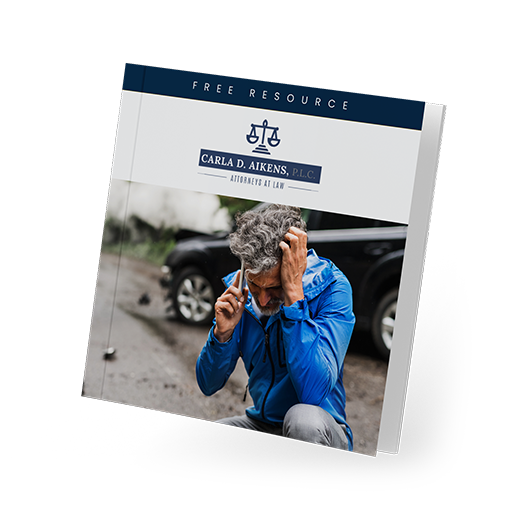Federal employees, like most employees of private entities, are entitled to a number of workplace protections. More specifically, federal employees may not be discriminated against on the basis of their age, race, religion, color, sex, national origin, gender identity, sexual orientation, and pregnancy status.
Again, the majority of private employers in Michigan, Illinois, and across the country are also prohibited from discriminating against current, former, and potential employees on the basis of those protected classes. However, the procedure for filing a discrimination complaint against a federal employer (such the Department of Labor, Federal Trade Commission, Department of Veterans Affairs, and other federal agencies) is unique. Below, we’ll walk you through the general process for employees in the federal sector.
45 Days
That’s the length of time you have to contact the Equal Employment Opportunity (EEO) counselor at the applicable agency, which is the first step in the process. Generally, you have 45 days from the instance of discrimination or the personnel action (such as a demotion, pay cut, or termination) to make contact with an EEO counselor.
What Does the EEO Counselor Do?
The EEO counselor assigned to your case is responsible for informing you of your options available for resolving the matter. One option is to engage in EEO counseling, wherein you and your counselor attempt to come up with a solution to the issue. The counseling process lasts for a maximum of 30 days. This is often referred to as “informal” counseling, which differs from the alternative dispute resolution (ADR) process also available to you.
The ADR process used by most federal agencies is mediation, which involves a neutral third party helping to facilitate a settlement between you and the federal agency. Your EEO counselor is NOT your representative; instead, the counselor is a neutral party tasked only with giving you information.
If Counseling or ADR Doesn’t Produce Results
You may lodge a formal complaint against the federal agency if either mediation or EEO counseling fell short of your objectives. You must act quickly, though—you only have 15 days from the EEO counselor’s “final interview” to file a complaint.
After you file a formal complaint, the agency will determine whether you satisfied all procedural obligations. If you did, the agency will investigate your complaint for no more than 180 days. At the conclusion of the investigation, you have two options: request a hearing before an EEOC administrative judge or receive the agency’s decision on the alleged discrimination. If, however, you choose the latter option and disagree with the agency’s decision, you may appeal it to the EEOC or in federal court.
Next month, we will lay out the process starting with the EEOC administrative hearing. In the meantime, our team would be happy to speak with you about any discrimination you have experienced. Call us at (844) 835-2993 to schedule a free consultation.
Carla D. Aikens, P.L.C.
Latest posts by Carla D. Aikens, P.L.C. (see all)
- What Happens When Products Fail Basic Safety Standards? - March 29, 2024





